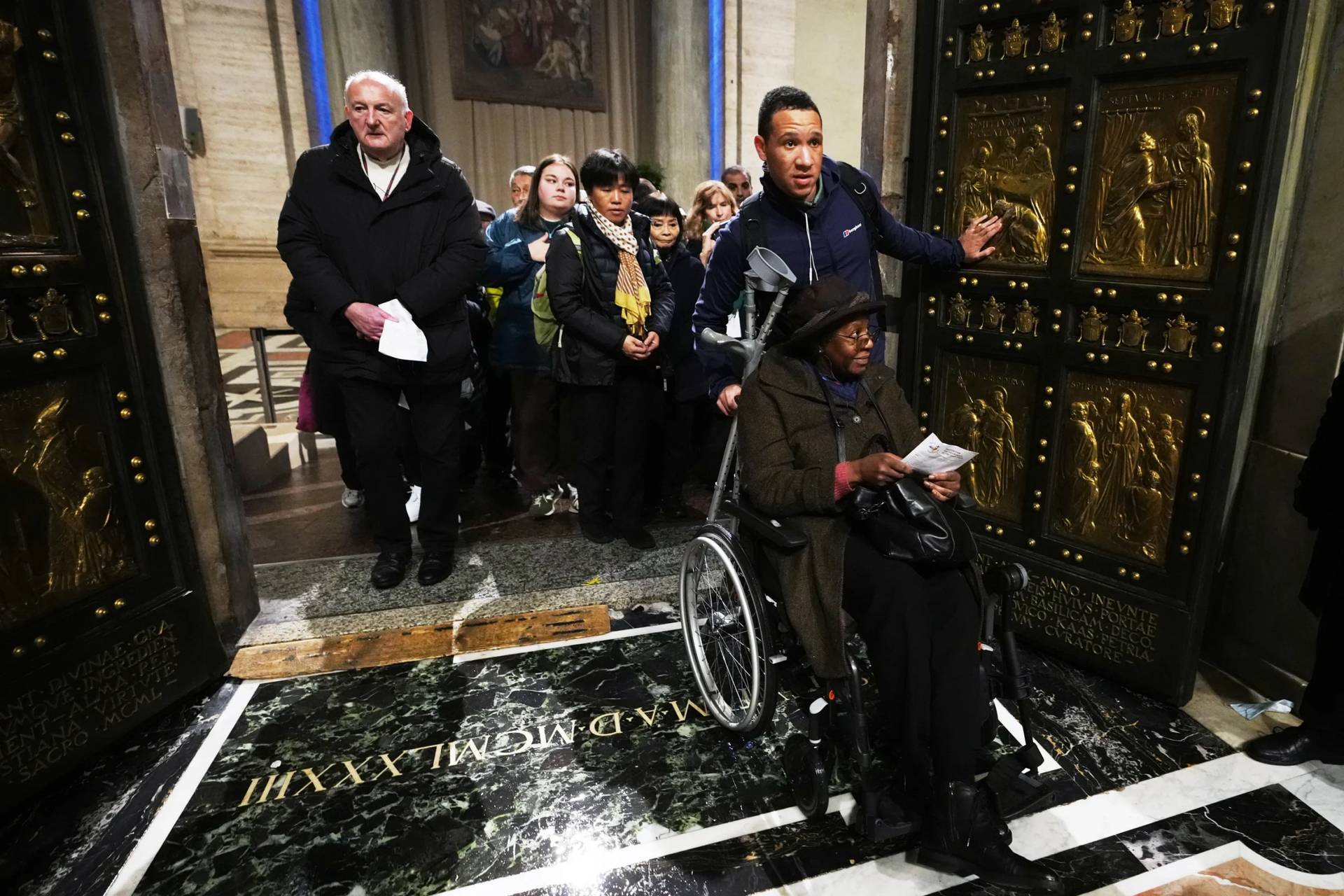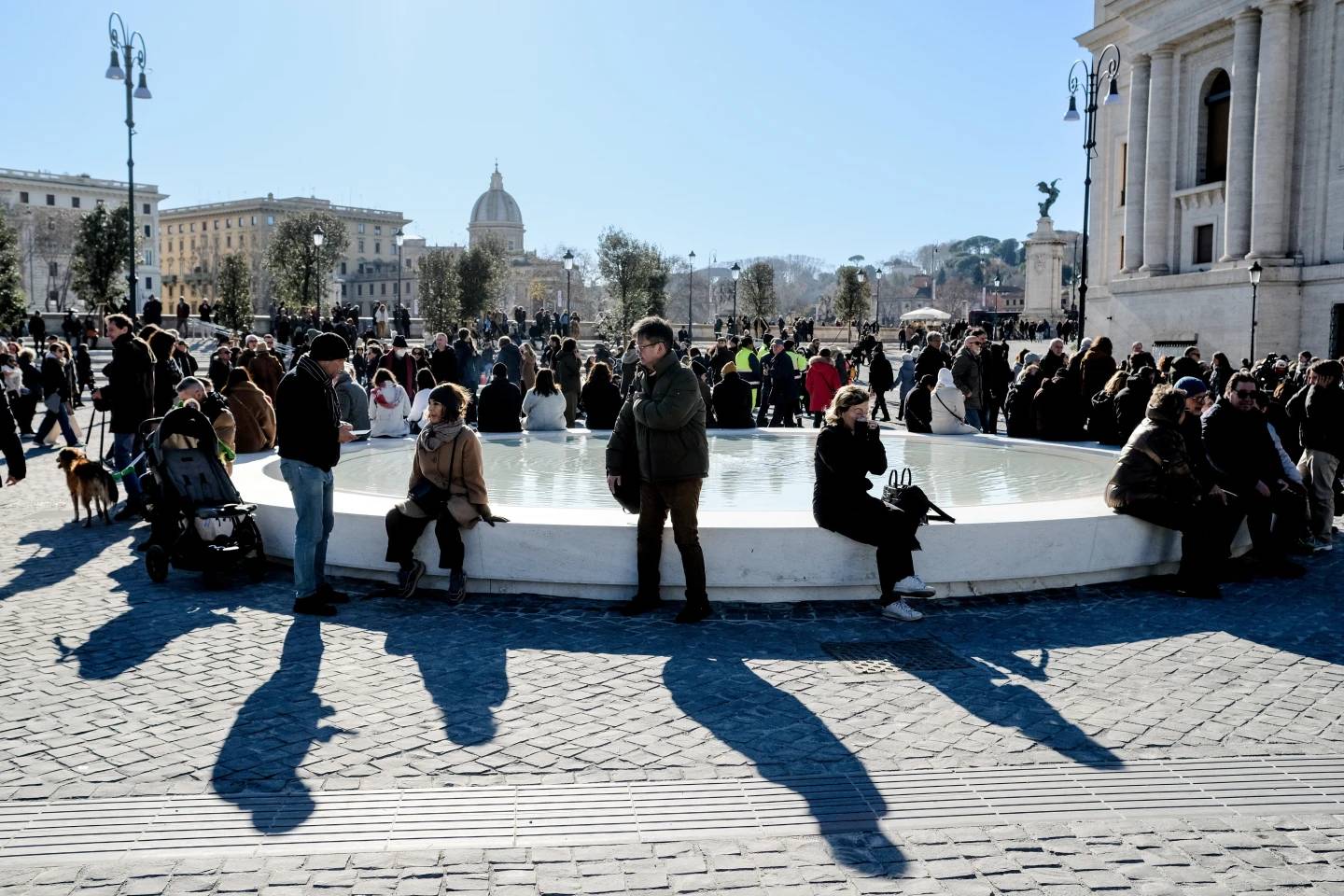CAIRO — A bombing at a chapel adjacent to Egypt’s main Coptic Christian cathedral killed 25 people and wounded another 49 during Sunday Mass, in one of the deadliest attacks carried out against the religious minority in recent memory.
Pope Francis referred to the attack in his Sunday Angelus address, saying “I want to express my special closeness to my dear brother, Pope Tawadros II, Patriarch of the Coptic Orthodox Church, and to his community, praying for the dead and injured.”
The attack came two days after a bomb elsewhere in Cairo killed six policemen, an assault claimed by a shadowy group that authorities say is linked to the outlawed Muslim Brotherhood. Islamic militants have targeted Christians in the past, including a New Year’s Day bombing at a church in the Mediterranean city of Alexandria in 2011 that killed at least 21 people.
Egypt’s official MENA news agency said an assailant lobbed a bomb into a chapel close to the outer wall of St Mark’s Cathedral, seat of Egypt’s Orthodox Christian church and home to the office of its spiritual leader, Pope Tawadros II, who is currently visiting Greece.
Egyptian state TV and the Health Ministry gave the casualty toll.
Witnesses said the explosion may have been caused by an explosive device planted inside the chapel. Conflicting accounts are common in the immediate aftermath of attacks.
The blast took place as a Sunday mass being held in the chapel was about to end and coincided with a national holiday in Egypt marking the birth of Islam’s Prophet Muhammad. Most of the victims are thought to be women and children.
State television aired calls by several Cairo hospitals for blood donations.
An Associated Press reporter who arrived at the scene shortly after the blast saw blood-stained pews and shards of glass scattered across the chapel’s floor. Men and women wailed and cried outside. AP photos showed a broken pair of ladies’ spectacles on the ground next to a girl’s boots with leopard spots and a pink ribbon.
“I found bodies, many of them women, lying on the pews. It was a horrible scene,” said cathedral worker Attiya Mahrous, who rushed to the chapel after he heard the blast. His clothes and hands were stained with blood and his hair matted with dust.
“I saw a headless woman being carried away,” Mariam Shenouda said as she pounded her chest in grief. “Everyone was in a state of shock. We were scooping up people’s flesh off the floor,” she said.
“There were children. What have they done to deserve this? I wish I had died with them instead of seeing these scenes,” she added.
There was no immediate claim of responsibility for Sunday’s attack, which has drawn a flurry of condemnations by government and religious leaders as well as assertions of unity between Egypt’s Muslim majority and Christians, who account for about 10 percent of the country’s 92 million people. A crowd of several hundred people gathered outside the cathedral to condemn the attack, as scores of policemen sealed off the area.
Egypt has seen a wave of attacks by Islamic militants since the military overthrew President Mohammed Morsi, a freely elected leader who hailed from the Brotherhood, in 2013. Many of Morsi’s supporters blamed Christians for supporting the overthrow, and scores of churches and other Christian-owned properties in southern Egypt were ransacked that year.
The authorities have since 2013 waged a sweeping crackdown, jailing thousands of mostly Islamist dissidents and killing hundreds in clashes sparked by demonstrations.
Egypt’s Christians have long complained of discrimination in Egypt, contending they are denied top jobs in a wide range of fields, including academia and security apparatuses. Many Christians were relieved when Morsi and his Muslim Brotherhood were ousted in 2013 after just one year in power.
The church and many Christians have since rallied behind el-Sissi, although there have been growing voices of dissent within the community, arguing that little has changed in their lives under his rule, with their churches and property frequently attacked or torched by mobs of villagers led by militants in provinces south of Cairo.
Crux Staff also contributed to this report.














